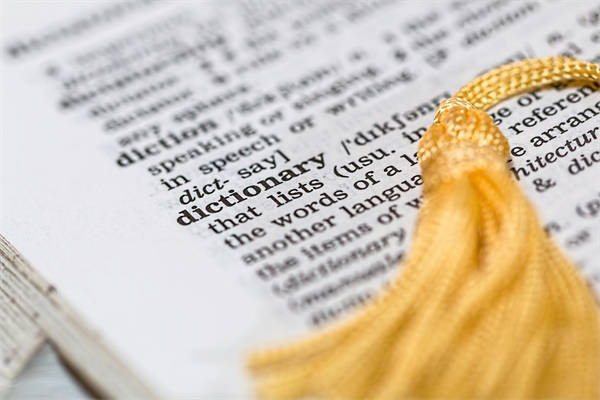How to Pronounce "Apple" in English: A Comprehensive Guide

Introduction to Pronouncing "Apple" in English
The word "apple" is a common English noun that refers to a round, edible fruit with firm flesh and a skin that can be red, green, or yellow. Pronouncing this word correctly is essential for effective communication. In this section, we will explore the various aspects of pronouncing "apple" in English, including its phonetic transcription, common mispronunciations, and practical tips for mastering the correct pronunciation.
How to Pronounce "Apple" in English
1. Phonetic Transcription:
The phonetic transcription of "apple" is /??pl/. This indicates that the word is pronounced with a short "a" sound followed by a long "e" sound, and then the "p" sound at the end.
2. Breakdown of the Sounds:
The "a" sound is similar to the "a" in "cat" or "pat."
The "p" sound is pronounced as in "pat" or "pin."
3. Common Mispronunciations:
Some speakers may pronounce "apple" with a long "a" sound, similar to "cake" or "make." This is incorrect and can lead to confusion.
Another common mispronunciation is pronouncing the "p" sound as "b" or "d," which can change the meaning of the word.
4. Tips for Pronunciation:
Practice the word "apple" slowly, focusing on the individual sounds.
Listen to native speakers or use language learning tools to hear the correct pronunciation.
Try to mimic the sounds as closely as possible.
Repeat the word multiple times until you feel confident in your pronunciation.
Frequently Asked Questions
Q1: What is the origin of the word "apple"?
A1: The word "apple" has its roots in the Old English word "?ppel," which comes from the Proto-Germanic word appil. The word has been borrowed from various languages throughout history, with its origins dating back to ancient times.
Q2: Are there different pronunciations of "apple" in different English accents?
A2: While the basic pronunciation of "apple" remains consistent across English accents, there may be slight variations in the way the "a" and "p" sounds are pronounced. For example, in some British accents, the "a" sound may be slightly longer than in American accents.
Q3: Can "apple" be used as a verb?
A3: Yes, "apple" can be used as a verb in certain contexts. For example, "to apple" can mean to plant an apple tree or to grow apples. However, this usage is relatively rare and may be considered informal or regional.
Q4: How do you spell "apple" in English?
A4: The word "apple" is spelled with the letters "a," "p," "p," "l," and "e." It is important to note that the "p" sound at the end is unvoiced, meaning that your vocal cords do not vibrate when you say it.
Q5: Can "apple" be used as a name?
A5: Yes, "apple" can be used as a name, although it is quite rare. It is often used as a nickname or as a name for a character in literature or media. For example, the character "Applejack" from the animated series "My Little Pony" is named after the fruit.

.png)
.png)
.png)
.png)